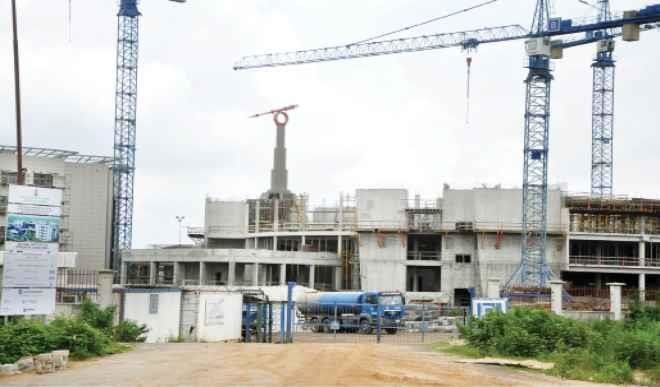National building energy efficiency code launched
Nigeria’s first building energy efficiency code was officially launched Thursday by the Minister for Power, Works and Housing, Babatunde Raji Fashola. The programme is a partnership with German Development Agency (GIZ), Nigerian Energy Support Programme (NESP) and the Federal Ministry of Power, Works and Housing. Speaking at the event, Fashola stressed the importance and relevance […]


Nigeria’s first building energy efficiency code was officially launched Thursday by the Minister for Power, Works and Housing, Babatunde Raji Fashola.
The programme is a partnership with German Development Agency (GIZ), Nigerian Energy Support Programme (NESP) and the Federal Ministry of Power, Works and Housing.
Speaking at the event, Fashola stressed the importance and relevance of energy efficiency in buildings in cost and power consumption saving. He explained that adopting energy efficiency in building construction would lead to job creation, citing “retrofitting old, non-compliant buildings could create a new crop of jobs that previously were non-existent.”
He said that the building energy efficiency guideline informed professionals on how to design, construct and operate energy efficient buildings.
The national building energy efficiency code is a set of minimum standards for energy efficient building in Nigeria. It was developed and compiled by GIZ, in collaboration with South African sustainability consultants, Solid Green, who served as primary consultants on the code. Input was also received from the Nigerian Energy Support Programme (NESP) and the Federal Ministry of Power, Works and Housing along with allied professional bodies including but not limited to the Architects Registration Council of Nigeria (ARCON) and the Green Building Council of Nigeria (GBCN).
The launch was attended by representatives from the private sector, FCT Department of Development Control, professional institutes, regulatory bodies and ministries.
